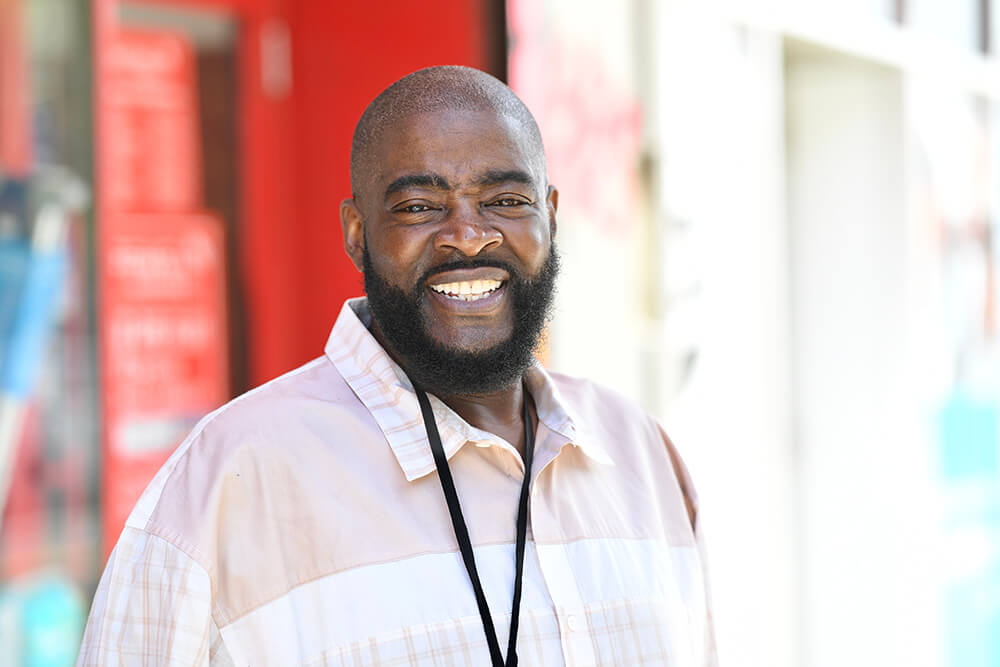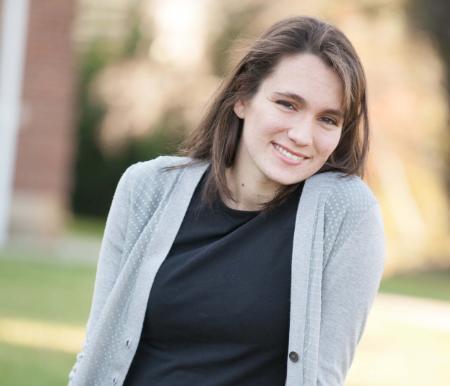Combined Forces
Touro Social Work and Clinical Mental Health Counseling Students Are Learning How to Fight Substance Abuse Together

When addiction specialist Carlos Roberts, MPA, MSW, CASAC, gets a new client who is sleeping poorly, having mood swings or engaging in risky behavior, no longer does he assume the cause is substance abuse alone. These days, he may see the behavior in a different light — as possible signs of underlying mental health issues.
“A lot of times, it’s the mental health issue that will drive them to use or abuse the substance,” says Roberts, a social worker who works with individuals suffering from opioid use disorder (OUD) and other substance use disorders (SUD).
Roberts, a 2021 alumnus of Touro’s Graduate School of Social Work (GSSW), gained this insight and more, during his year-long fellowship in a government-funded program. It trained advanced social work and clinical mental health counseling students from the School of Health Sciences together to treat opioid use and substance use disorders.
Now in its third year, the Opioid Workforce Expansion Program (OWEP) engages the students from the two disciplines in inter-professional education — popularly known as IPE — taught by Touro faculty and outside experts in both fields.
Learning Together and From One Another
OWEP is funded by a $1.3 million grant from the United States Department of Health and Human Services’ Health Resources and Services Administration (HRSA). Touro is one of the select schools to participate in the program, which provides stipends to students to help fight the opioid crisis and other SUDs among medically underserved populations.
The students take classes at their individual Touro schools, while learning together and from one another in OWEP webinars and seminars. These working sessions expose them to the different models of treating OUD/SUD and how to apply that knowledge out in the field during their internships.
“OWEP exposes students from both schools to the general framework and content of their respective programs, while acknowledging the different perspectives of social work and clinical mental health counseling. OWEP succeeds in increasing students’ understanding in a common language that helps them work together where they may not have before. When you bring the two together, they gain greater knowledge and insight,” says Eric Levine, DSW, LMSW, Touro’s director of social work alumni engagement, continuing education and development.
When the current cohort completes its studies next spring, the OWEP project will have graduated 66 fellows, working at more than 15 agencies spread out across the five boroughs of New York City as well as Long Island, Rockland County and New Jersey.
During 2020-2021, the fellows attended lectures on such topics as “Motivational Interviewing”, “Mindfulness as a Treatment Tool” and “Addictions, Trauma, Grief and Loss with OUD/SUD”. Through presentations of case studies to their peers and working in small breakout rooms, they learned about new and different ways of approaching addiction in a changing field.
Today, Roberts applies the collaborative learning at his full-time job at Bridging Access to Care in Brooklyn. “It had me noticing certain things clients were saying,” he explains. “I’d go back and see diagnoses of major depression. A lot of times it was mental health that helped them lose their way.”
Roberts credits OWEP with enhancing his ability to make such connections, which he says can lead to adjusting treatment plans or referrals to mental health clinics. “It was one of the main things I learned,” he recalls. “The training puts it on your radar.”

Brainstorming with the Group
A highlight for Eliana Simon, CMHC, an OWEP fellow from Touro’s Clinical Mental Health Counseling Program, was researching and presenting a case study to the cohort. She says she learned the value of taking deep dives into a patient’s history, fielding questions from colleagues and brainstorming for others’ perspectives.
“The patient had an SUD with alcohol. I went into her whole history, when she started and for what reasons,” Simon recalls. “The OWEP experience helped me anticipate every question — about her diagnostic criteria, life stages, goals and setbacks.”
Simon says the training has helped her in her current job as a mental health counselor at LSA Recovery, an addiction rehabilitation outpatient facility in Brooklyn. “I should know all of this about all of my patients,” says Simon. “It’s such a great model. At the end of the day, it helps you get a more global context and helps the patient.”
The Touro OWEP is supported by the Health Resources and Services Administration of the U.S. Department of Health and Human Services (HHS) as part of an award totaling $1,338,822, with no percentage financed with non-governmental sources. This story does not necessarily represent the official views of, nor an endorsement, by HRSA, HHS or the U.S. Government.

